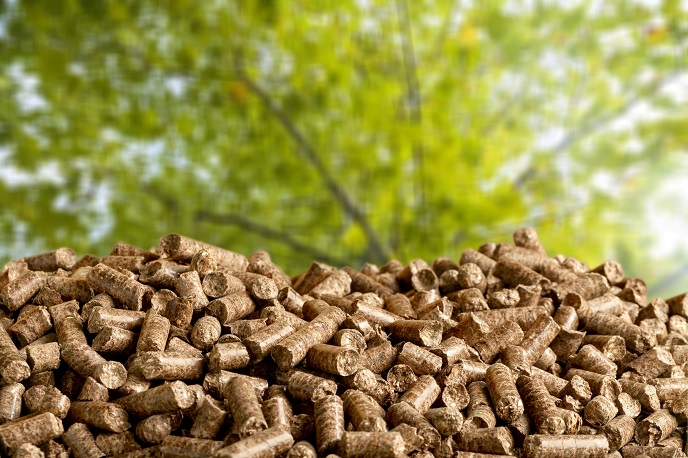Improving the quality of seed oil
The quality of the oils is enhanced by the presence of large quantities of erucic acid and wax esters. Ideally, users need to obtain the oil at reasonable costs, in large quantities and whenever needed. One way to ensure this is through genetic engineering (GE). The ‘Industrial crops producing added value oils for novel chemicals’ (ICON) project investigated the production of added-value oils using GE technologies. Project partners selected three industrial oil crop platforms — Crambe abyssinica, Brassica carinata and Camelina sativa — for use in their study. Great care was also taken to present project ideas and findings very openly and to take into account the concerns and scepticism of the European public towards GE. Researchers achieved an increased quantity of erucic acid in the oils through the manipulation of three genes. In one experiment, they were able to successfully increase erucic acid levels from 59 % in the wild type (unmodified) to 72 % in genetically modified C. Abyssinica. The team cloned over 30 fatty acid reductase (FAR) and wax synthase (WS) genes to further characterise their role in wax ester synthesis. Wax esters are of particular interest due to their use in lubricating grease. Gene technology in agriculture is in practice blocked in the EU, but this project serves as a starting point for the integration of GE into plant breeding. The practice is set to aid the development of novel renewable materials with added value, which would clearly have great environmental and economic benefits.




